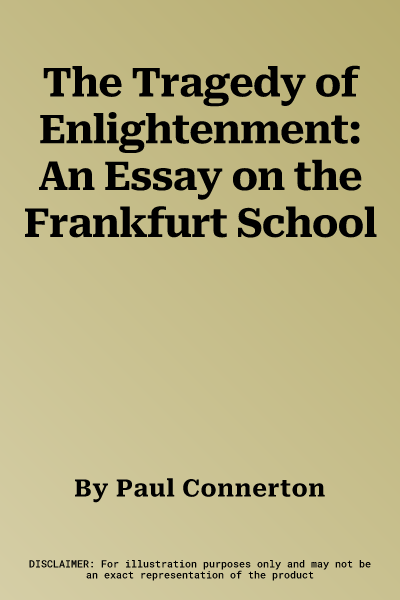Paul Connerton
(Author)The Tragedy of Enlightenment: An Essay on the Frankfurt SchoolHardcover, 29 February 1980

Temporarily out of stock
Free Delivery
Cash on Delivery
15 Days
Free Returns
Secure Checkout

Part of Series
Cambridge Studies in the History and Theory of Politics
Part of Series
Cambridge Studies in Linguistics
Print Length
176 pages
Language
English
Publisher
Cambridge University Press
Date Published
29 Feb 1980
ISBN-10
0521228425
ISBN-13
9780521228428
Description
Product Details
Author:
Book Format:
Hardcover
Date Published:
29 February 1980
ISBN-10:
0521228425
ISBN-13:
9780521228428
Language:
English
Location:
Cambridge
Pages:
176
Publisher: